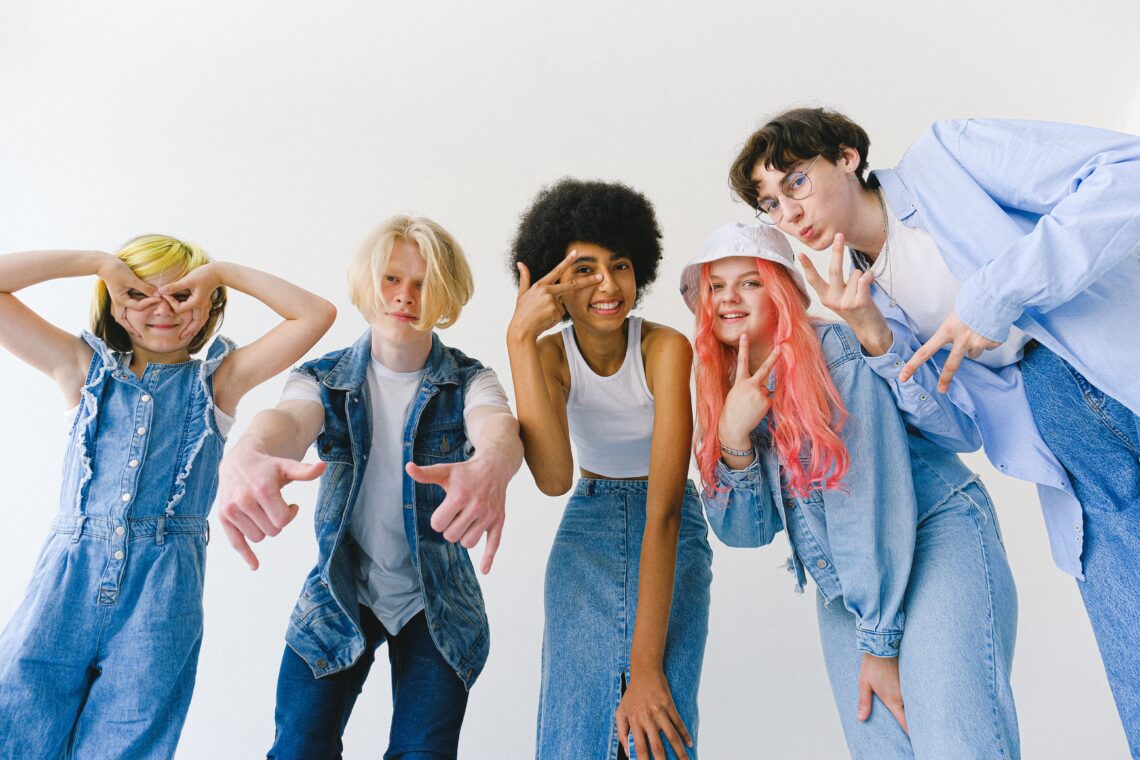
What it takes to form a generation
Millennials and Generation Z (better known as Gen Z) are distinguished by the social, political and economic factors of their formative years, but defining these generations—or any generation, for that matter—is more difficult than just looking at those three factors.
Sali Tagliamonte, chair of the linguistics department at University of Toronto, outlines how the factors needed to define a generation vary because it depends on how quickly their culture is changing. While millennials were raised during the rise of the internet, Gen Z children born after 1997 had all of these technologies right from the start.
“What marks [this] generation depends on what’s going to mark the millennials,” says Tagliamonte. “The time of the internet onwards is going to be very strongly influenced by the fact that there’s media engagement that wasn’t there before.”
Gen Z and internet culture
The rise of technology has played a large role in shaping Gen Z culture, particularly in humour and slang.
“I think the majority of our world is the Internet. We constantly use videos and memes,” says Georgea Jourjouklis, a second-year student at University of Toronto. “Even though it sounds like I’m speaking, I’m actually quoting a reference that millions of other people know, like Vines. If you haven’t seen those, you’re out of the loop.”
Jamin Pelkey, professor in the department of languages, literatures and cultures at Ryerson University, says that there is an outsider perspective to apply to trends in slang and humour. The new generation tries to shape their own identity by separating itself from its predecessor, or the “outsiders,” which leads to solidarity for those within the same generation.
This can be seen especially in memes, sarcasm and puns. “These are all forms of verbal humour that can be passed on to another person as a joke, and increases trust and solidarity in the process,” Pelkey says.
Arthur Hamdani, a second-year student at University of Toronto, says humour is more spontaneous now than when he was younger. “It used to be very organized and planned out. Sarcasm is a tension-breaker that makes sense, but humour now is more dispersed because there’s a very specific context you need to understand the meme,” he says.
Culture and invention as a feedback loop
Pelkey says that technology and invention are a blend of the tangible, such as food and clothing, and intangible, like language and behaviour. Together, these factors create a culture. “There are all sorts of hidden patterns, understandings and habits that contribute to the behaviours that we could identify as language, as well as material culture like belief systems and values in worldview,” he says.
He also describes how social behaviours become a part of the new culture by evolving alongside the technology of the time.
“People have to be prepared in some way to see that the technology is solving some perceived problem,” Pelkey says. “And as the years pass, we start to think about what life was like before this technological revolution: its impacts, influences. There will be ways that the technology would then reshape the culture. Eventually the two are contributing to each other and you wouldn’t have either one without the other.”
In time, each generation does develop a distinct identity, but, as Pelkey says, “There’s going to be a fuzzy boundary of at least a few years where someone who’s right in the middle of those two [generations] is going to be influenced heavily by both.”
About the author
Khaleda is a former reporter for Youth Mind. If she's not daydreaming of owning a bookstore cafe, she's most likely pining over pretty classic book covers.








4 Comments
MH Khan
I just know that your generation and individuals like you are a lot more focussed,disciplined and witty ; and the way they broke the barriers of race and culture and reached the level of love and acceptance to others – will have far reaching effects on a better society and a better world.
Kanika
The pace of change in cultural contexts has crunched massively over the last decade, clearly because of the rapid strides in media and connectivity. The direction of change is now determined by technology adoption. Not natural selection. Khalida is an astute observer of human evolution, being from the gen Z, she has captured the movement of cultural evolution quite intelligently. I wish her the best for her dreams of a book cafe to come true, and soon.
Hari chacha
Will look forward to a chai and a good book at the bookstore Cafe. All the best for the future.
Riya
Very well written article and thoughtprovoking.